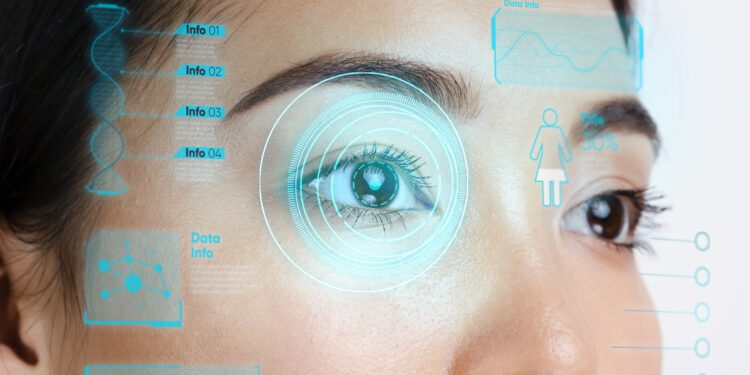Worldcoin, the blockchain identity verification company created by OpenAI co-founder Sam Altman, announced its updated biometric authentication devices that utilize optical scanning.
The company’s Orb device, powered by Nvidia hardware, is reported to be five times more powerful than its earlier iteration. The new Orb will also be smaller, more efficient, and require fewer parts. The company envisions the Orb becoming an integral part in self-service checkouts and kiosks in the future.
In addition, Worldcoin will now be known as simply World. World also announced identity verification partnerships with apps like FaceTime, WhatsApp and Zoom.
“It looks like World pivoting is to building out, rather than focusing on token or coin valuation,” said Joel Hugentobler, Cryptocurrency Analyst at Javelin Strategy & Research. “While there are privacy concerns with this project, at the end of the day, it’s not much different than using facial recognition software to unlock a phone.”
“The difference here is World is leveraging blockchain technology to verify on an immutable record identification,” he said. “World has gained significant traction in demographic areas outside of the U.S., where there is higher inflation, a lower standard of living, and there are often identification issues.”
Biometric Inevitability
World’s flagship offering is World ID, which operates similarly to a digital passport. After a consumer uses the Orb to scan their iris, they will be recorded as a human and a World ID will be issued. Participants in certain countries will also receive a crypto token called WLD as proof of their verification.
World has said that nearly seven million people have signed up to have their irises scanned, but there has been some pushback from privacy advocates. There are concerns about how the company will collect, store, and manage the personal data it collects for World IDs. Spain and Portugal have gone so far as to ban World IDs temporarily, and Argentina and the UK have considered a ban as well.
Despite privacy concerns, biometric authentication has been considered an inevitability for some time because it offers a simple and secure way to verify identity. Many consumers are already familiar with biometric identification through facial recognition and fingerprint scanning software on many mobile devices. However, iris scanning is not as prevalent, which could present an obstacle for World.








